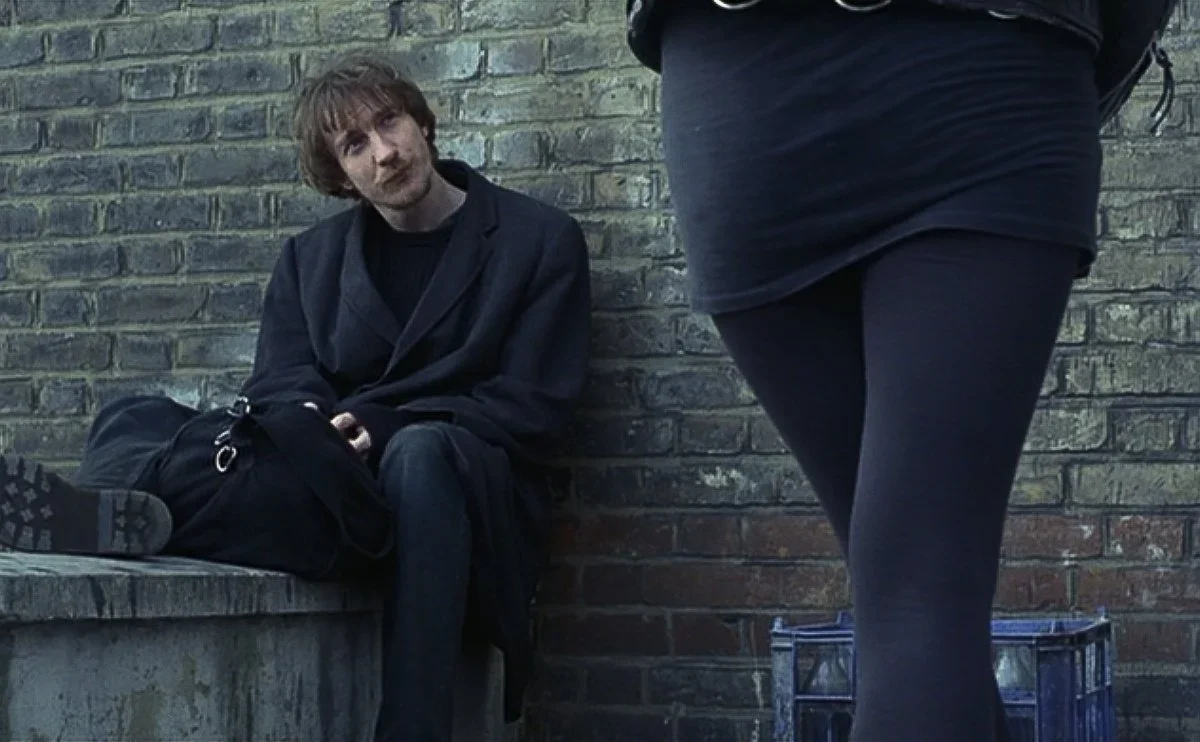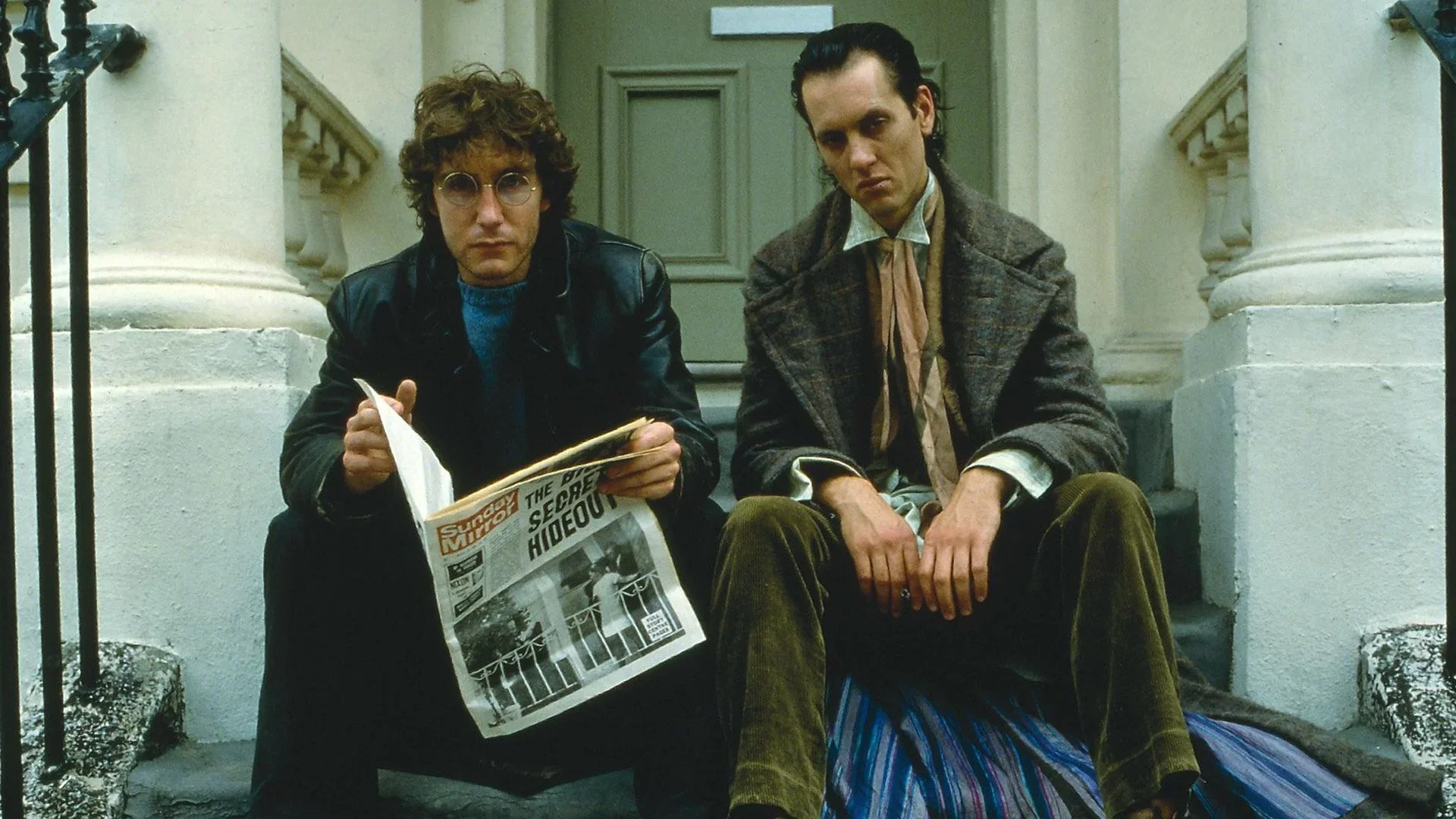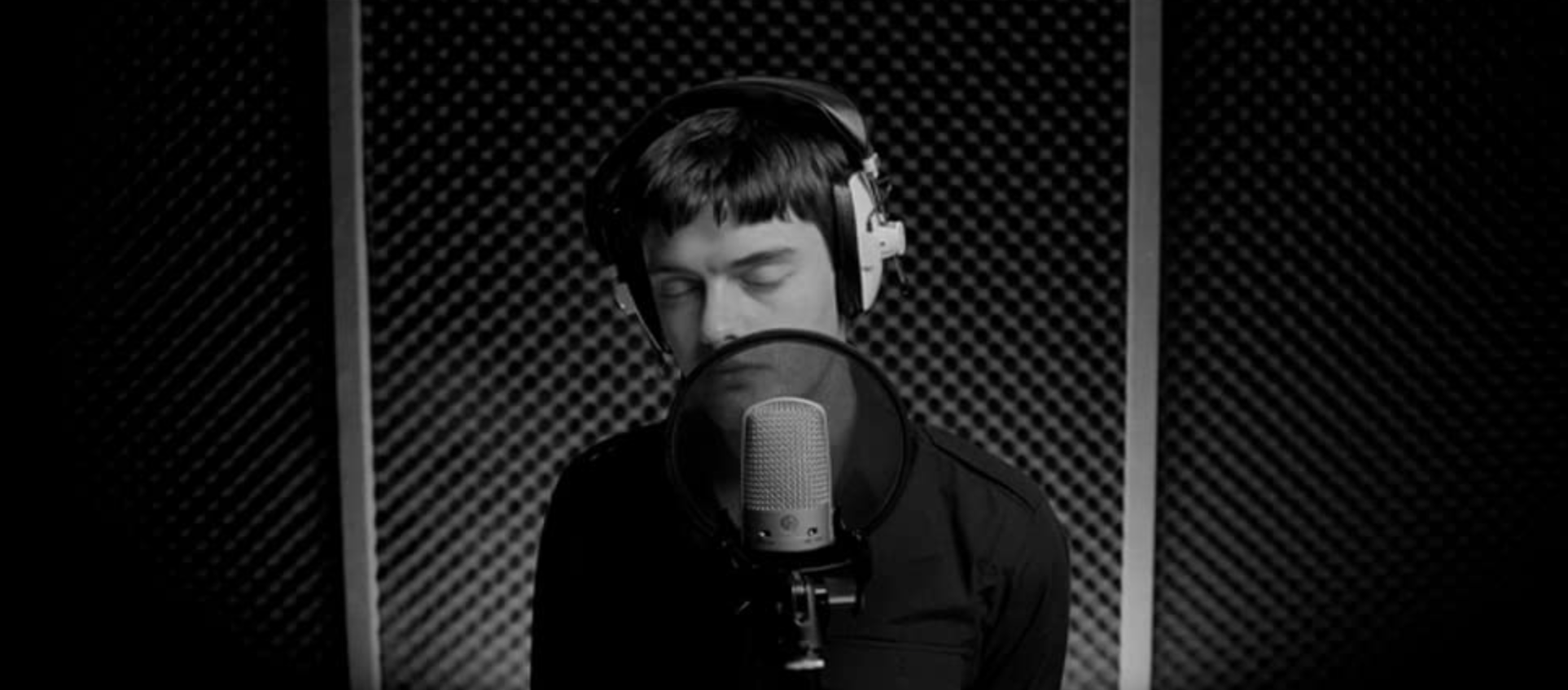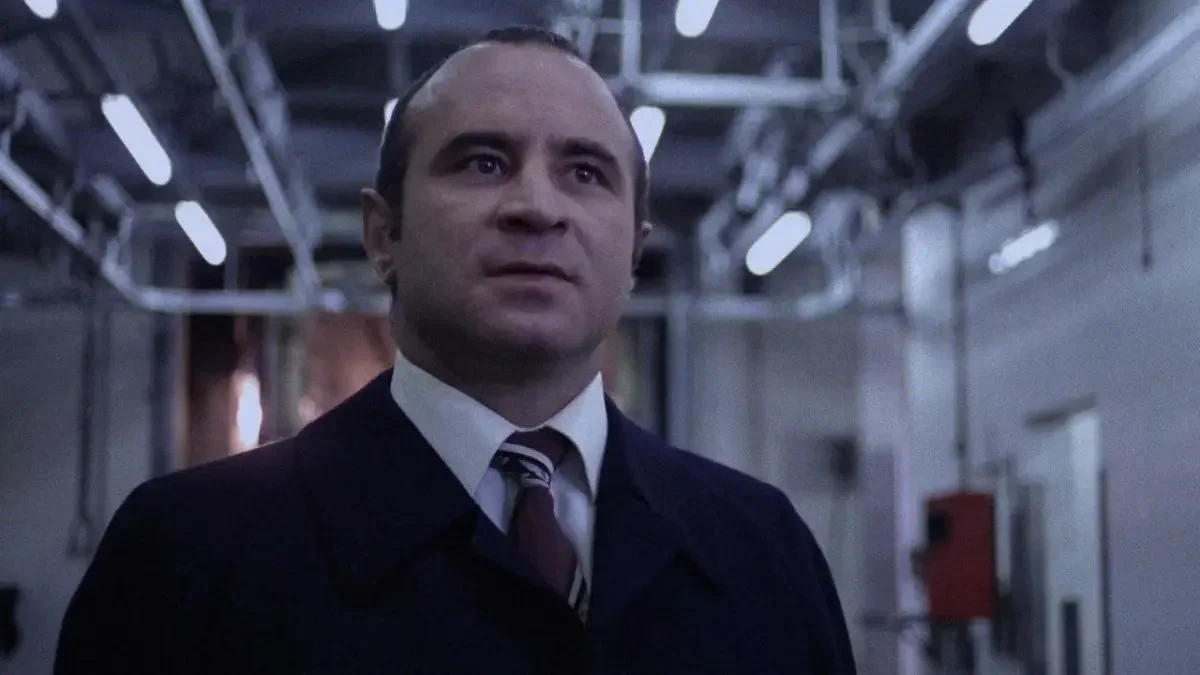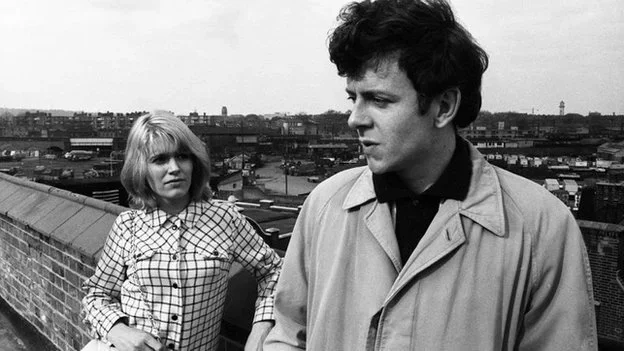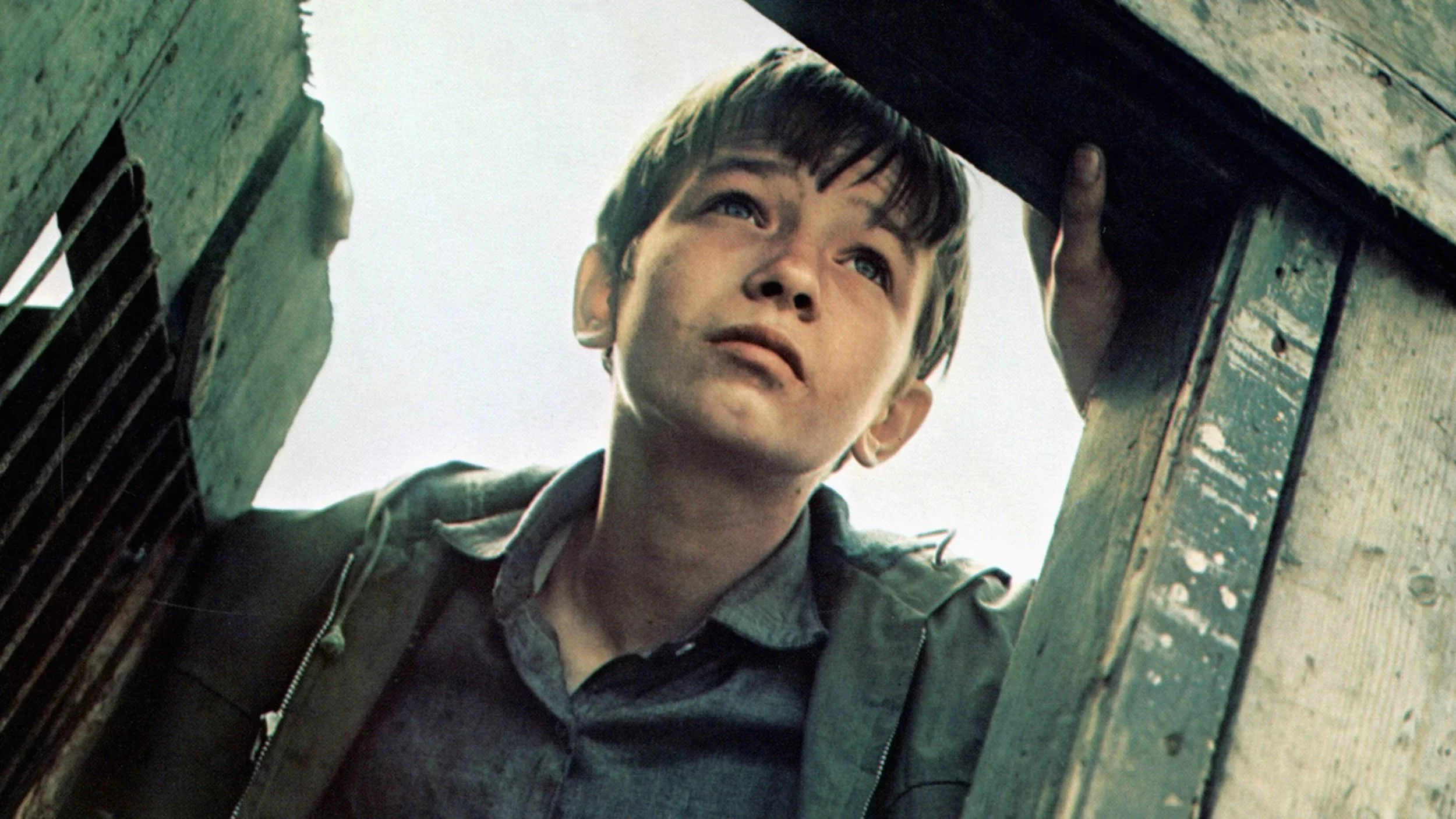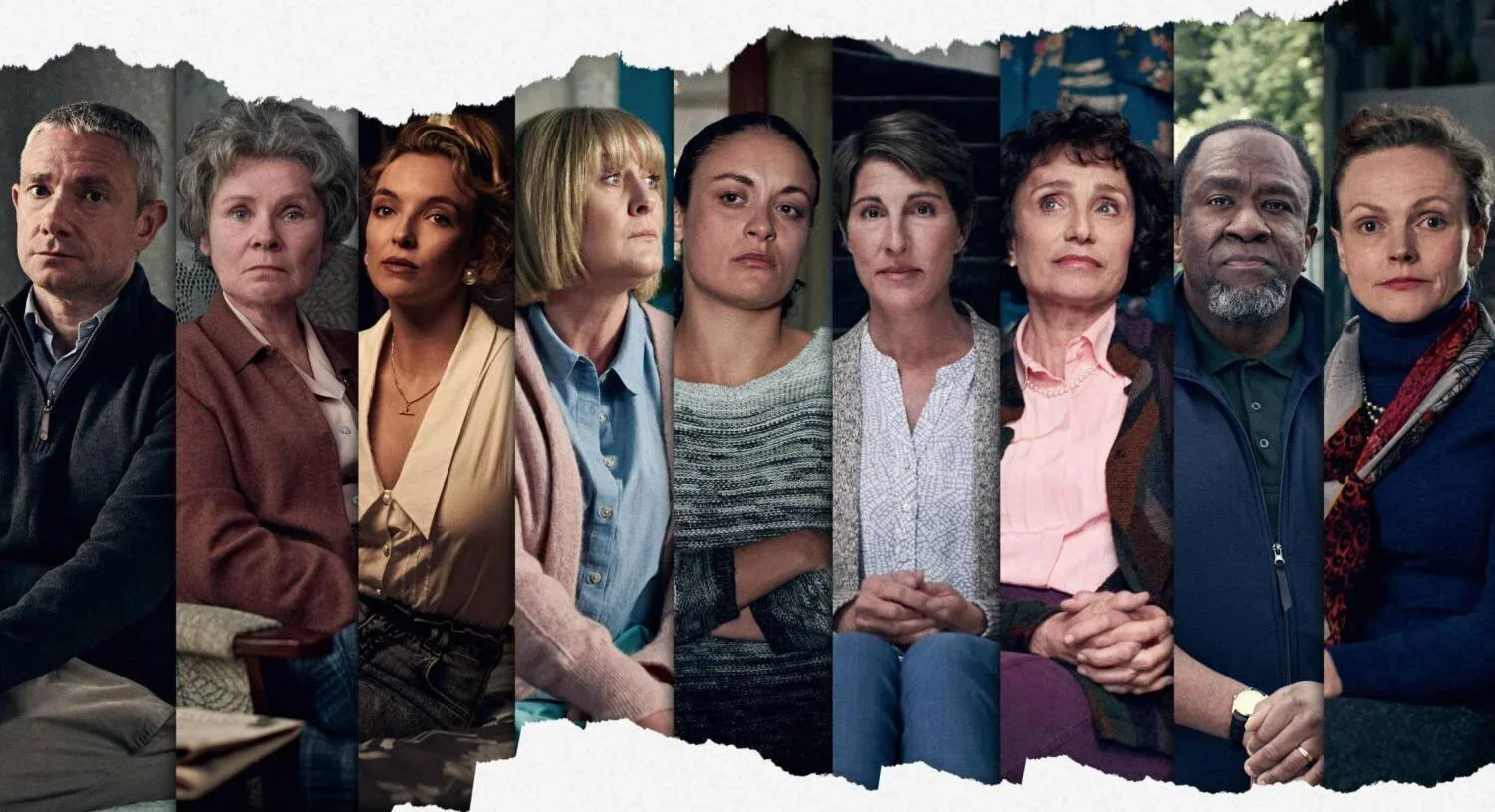
ARIADNE/WAYFINDING
What has Matt Written about British Film & Television?
Mike Leigh’s Naked remains a brutal, prophetic portrait of post-Thatcherite, and now post-Brexit, Britain. Matthew Shadbolt explores the film’s raw, unflinching take on misogyny, class, and conspiracy through the drifting anti-hero Johnny. Darkly funny and philosophically jagged, Naked still exposes the nation’s unresolved wounds, leaving viewers as adrift and naked as its characters. (Read)
Excerpt:
Some critics have described Naked as a comedy, and indeed, there are highly quotable, sarcastic and hysterical moments throughout the film that punctuate the general bleakness. It’s a particularly Northern English trait of making light of dark situations, perhaps because of the relentlessly awful weather, but also perhaps because of the general hardiness of the people, especially in the face of economic downturn and political neglect. So much of Naked is still apparent today, as a broken Britain struggles to find its place in the self-inflicted isolation of its post-Brexit blues.
The misplaced and conspiratorial intellectualism, the deeply ingrained sense of class divide, the dismissal of women and general cultural suppression of diversity, the economic bleakness and the dilution of identity. Mike Leigh, as he does with all of this films, holds a mirror up to the forgotten corners of society, and shows us for what we truly are, naked.
Explores Withnail & I, Bruce Robinson’s cult classic about two out-of-work actors escaping 1960s London. Hilarious, heartbreaking, and laced with unforgettable dialogue, it’s a tender portrait of love, addiction, and inevitable separation. A meditation on intense friendship, fading youth, and the melancholy of moments that can’t be reclaimed. (Read)
Excerpt:
Withnail and I is a hysterically funny, tender and expertly written movie about the fine, often confusing line between love and friendship, especially between those who share finite, intense periods of time together. It always reminds me of my first time at University back in the nineties, where as a student you enjoy a brief, but incredibly intense, formative and meaningful set of relationships, and then when it’s over everyone scatters like ants under a lifted rock. Only a few keep in touch, the ones who want it, and still mean it, but it’s hard not to be nostalgic for that time again later in life. Of course, you can never go back, and even if you did, you’re different.
Reflects on Control, Anton Corbijn’s stark, black-and-white portrait of Joy Division’s Ian Curtis. Bleak yet tender, the film captures Curtis’ descent into illness, creative brilliance, and emotional isolation. More than a biopic, Control is a devastating meditation on love, legacy, and the violent intimacy of unspoken suffering.(Read)
Excerpt:
As a fan, I always find Control a tough watch, but as sleeve designer Peter Saville suggests, it’s one of the last truly great stories of pop. And with many of us increasingly isolated from each other this year due to the pandemic, it’s a movie that holds a mirror up to the isolation and despair that comes not only with the deterioration through untreated mental illness, but also the unintended collateral damage to the caregivers of those who suffer. Joy Division’s music and legacy live on, not just through the two incredible albums they made, but through the honesty of what they stood for.
Tony Wilson, who founded Factory Records and signed Joy Division, tells a story about their second album, Closer, where he asks Ian’s lover Annik Honoré what she thinks of the dark lyrics on many of the songs. She says “I’m terrified. You don’t understand, he means it.” To which Wilson replies “Of course he doesn’t mean it, it’s art.” Wilson concludes the story by telling us “Well guess what, he fucking meant it.”
Reflects on The Long Good Friday, a gritty 1980 British gangster film where Bob Hoskins’ Harold Shand faces IRA retaliation, blending crime, politics, and Thatcher-era ambition. With sharp dialogue, dark humor, and London as a character, it’s a tense story of deception, greed, and inevitable violent downfall. (Read)
Excerpt:
While The Long Good Friday is absolutely a product of its time, it is at its core, just a great story of deception, greed and violence, with early eighties London itself one of the main characters. In the final shot, Hoskins’ Shand is being driven away to his fate at Irish gunpoint, and the camera lingers on a tight shot of him considering his next move, which we as the audience know will be futile. Led away to die as the cycle of violence continues. But this uncomfortable shot is reflective of the movie itself. It’s claustrophobic, calculated, and seethes with anger. But it’s also recognition that when the game is up, you are resigned to accepting your fate. Whoever you are.
Matthew Shadbolt examines Ken Loach’s groundbreaking 1966 TV drama Cathy Come Home, a harrowing portrait of a young family’s slide into homelessness. Shot with documentary realism, it shocked Britain, spurred lasting charities, and remains urgent today. Its themes of poverty, bureaucratic indifference, and resilience still painfully relevant nearly 60 years later. (Read)
Excerpt:
I’d always liked to think of Cathy as resilient, full of grit. To endure such hardship and survive is admirable. But I often think of what her next act would look like. I always assumed, like the title, she went back home to her rural beginnings. But lately I’ve been wondering if that’s true. Would she be too proud to come home? What would even be left for her when she did? Would she stay on in London and fight for the return of her children? That’s of course the beauty of the film. It raises far more questions than answers. I suspect the pull to unite her family would outweigh a return to rural life. And that, we speculate, is both the stubbornness which has caused her situation to endure, but also her grit and determination to carry on.
Explores Ken Loach’s Kes (1969), the poignant story of Billy Casper, a lonely boy in industrial Barnsley who finds purpose training a kestrel. Amid abuse, poverty, and bleak prospects, Kes becomes his source of joy and hope. Offering both Billy and the audience a fleeting but powerful escape. (Read)
Excerpt:
Even though I grew up in rural England, many of the scenes in Kes are deeply familiar. The school scenes of punishment through caning, or the cold bleakness of a muddy football field and a ball that feels as if it’s made of iron when it hits you. The walks through the fields looking for birds’ nests. And those are really the best of moments in the movies. Those moments when the movies hold a mirror up to who we are, and give us a glimpse of who we might become. They take our hand and tell us they feel it too. They give us reason to think we’re not on our own. And most powerfully of all, they do what all great stories achieve. They offer us escape.
Matthew Shadbolt celebrates Alan Bennett’s Talking Heads, a series of intimate monologues revealing loneliness, repression, and quiet desperation. Highlighting A Chip in the Sugar and A Lady of Letters, he praises their wit, nuance, and moral ambiguity, urging slow, savored viewing to fully appreciate Bennett’s subtle, empathetic storytelling. (Read)
Excerpt:
Enjoying Talking Heads has been a unique joy during the pandemic, and led me to much of Bennett’s other work, specifically his radio plays, which are such a genuine pleasure to listen to, especially on a wet Sunday afternoon curled up with a mug of hot chocolate. Their pace in particular is a welcome change from today’s streaming services, the always-on nature of our umbilical devices, and the untethered relentlessness of the news cycle. The seemingly banal existence of the protagonists always evolves into a gripping story of what it means for humans to find and understand their place in the world, whatever their failings. And while many of the stories are intimate, claustrophobic, and small in nature, they always have an empathetic universality to them about what it truly means to be alive.


